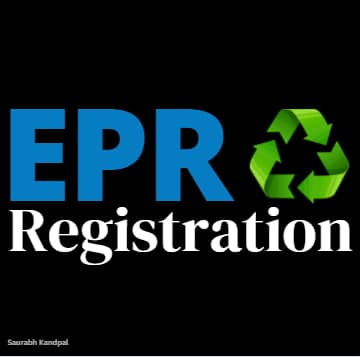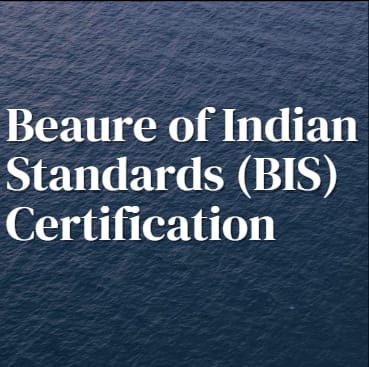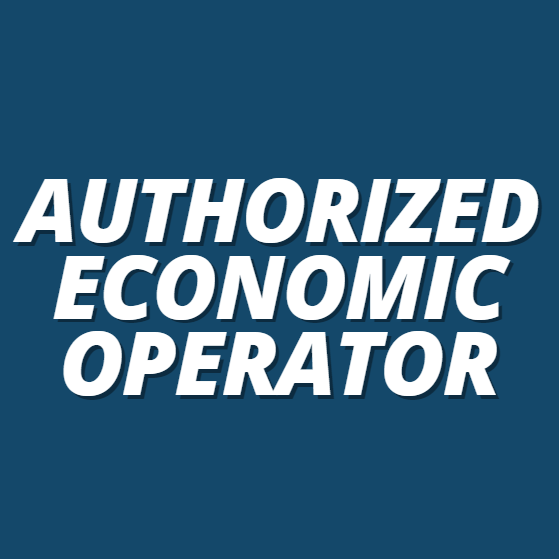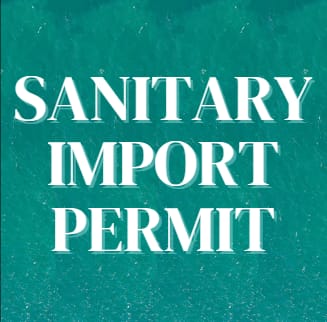
Understanding EPR Registration | EPR Certification/Authorization
In today’s environmentally conscious market, businesses are increasingly held accountable for their products throughout their lifecycle. One significant aspect of this accountability is Extended Producer Responsibility (EPR) registration. In this blog, we’ll explore what EPR registration entails, its importance for businesses, and how Goodman Exim Consulting can assist you in navigating the process effectively. Table […]



